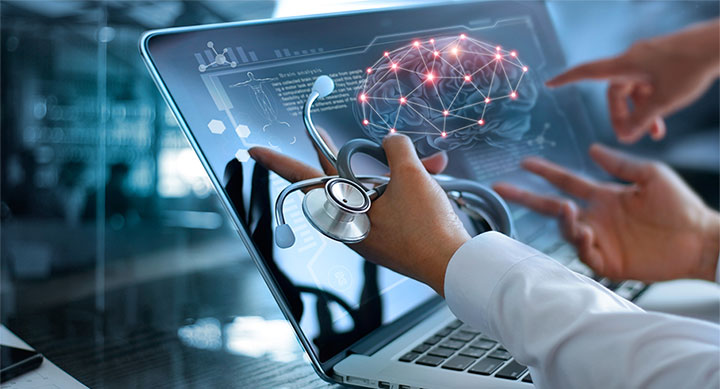
The Office of Data Science leverages data as an asset and creates digital ecosystems to support UTHealth's strategic goals in leading advanced standards of care, models of delivery, and health care policy.
We will work directly with physician scientists and researchers across clinical areas to develop and create disease-specific digital ecosystems and bespoke EMRs with the goal of advancing research, clinical care, and education.
Components of the digital ecosystems may include:
- High-impact disease-specific registries; databases using advanced common data models, ontologies, with semantic enrichment;
- Novel software technologies and interfaces supporting integrated clinical workflow and service line operations;
- AI tools facilitating learning in place and derive insights and knowledge from the digital footprints; and
- Data exchange interfaces with existing EMR systems.
Our objective is to identify, develop and provide critical data infrastructure needs (policy, governance, and technology) in partnership with stakeholders to advance the vision of a Learning Healthcare (LHC) system. An LHC system integrates disparate healthcare activities to create continuous feedback loops of data (deliver health care, collect data, analyze data, and improve health care) to improve the quality and efficiency of healthcare.
Our office will work in partnership with UTHealth schools, institutes and other operating units such as UTHealth Neurosciences, Texas Institute for Restorative Neurotechnologies, Institute for Stroke and Cerebrovascular Diseases, the Office of Technology Management, and the Office of the Chief Medical Information Officer, to identify the value propositions based on a strong data science foundation.


